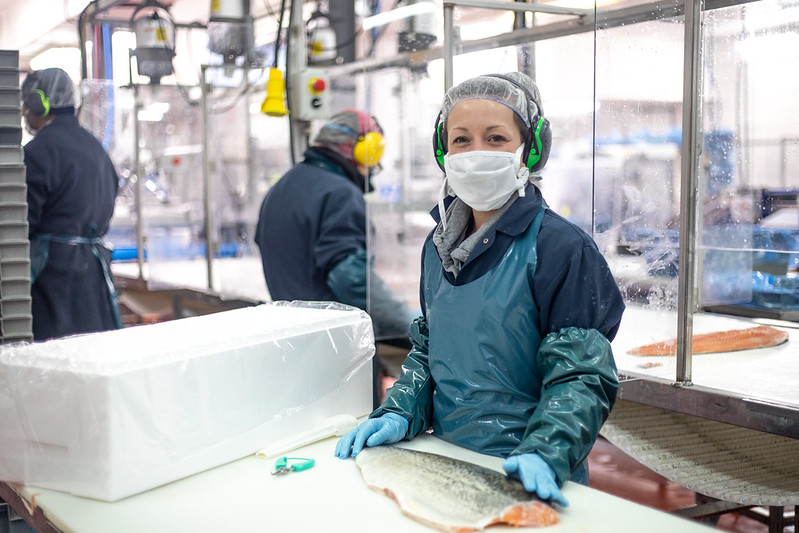Number of Best Aquaculture Practices (BAP) Certified Facilities Hits 2,155
With the first 10 months of 2018 in the books, the Global Aquaculture Alliance (GAA) is pleased to announce that the number of Best Aquaculture Practices (BAP)-certified facilities is up 21.2 percent this year.
There were 2,155 BAP-certified processing plants, farms, hatcheries and feed mills at the end of October, including 1,451 farms, 372 processing plants, 217 hatcheries and 115 feed mills. That’s up from 1,778 BAP-certified facilities at the end of 2017.
The 1,451 farms produce 1.5 million metric tons of seafood annually. At the end of 2017, there were 1,137 BAP-certified farms producing 1.2 million metric tons of seafood annually.
As always, there have been a number of firsts for the BAP third-party certification program this year, including the world’s first BAP-certified recirculating aquaculture system and seriola farm, first company to offer four-star BAP Mediterranean sea bass and sea bream, first company to offer four-star BAP king salmon, first Scottish company to attain BAP certification (for Atlantic salmon), first pet food product to carry to BAP label, first company to offer four-star BAP oysters and first BAP-certified mussel farm in Europe.
Administered by GAA, BAP is the world’s most comprehensive third-party aquaculture certification program, with standards encompassing environmental responsibility, social responsibility, food safety, animal health and welfare, and traceability. The BAP program covers the entire aquaculture production chain – processing plants, hatcheries, farms and feed mills. Additionally, the program is compliant with the Global Food Safety Initiative (GFSI), Global Social Compliance Programme (GSCP) and Global Sustainable Seafood Initiative (GSSI).
About BAP
A division of the Global Aquaculture Alliance, Best Aquaculture Practices is an international certification program based on achievable, science-based and continuously improved performance standards for the entire aquaculture supply chain — farms, hatcheries, processing plants and feed mills — that assure healthful foods produced through environmentally and socially responsible means. BAP certification is based on independent audits that evaluate compliance with the BAP standards developed by the Global Aquaculture Alliance.




